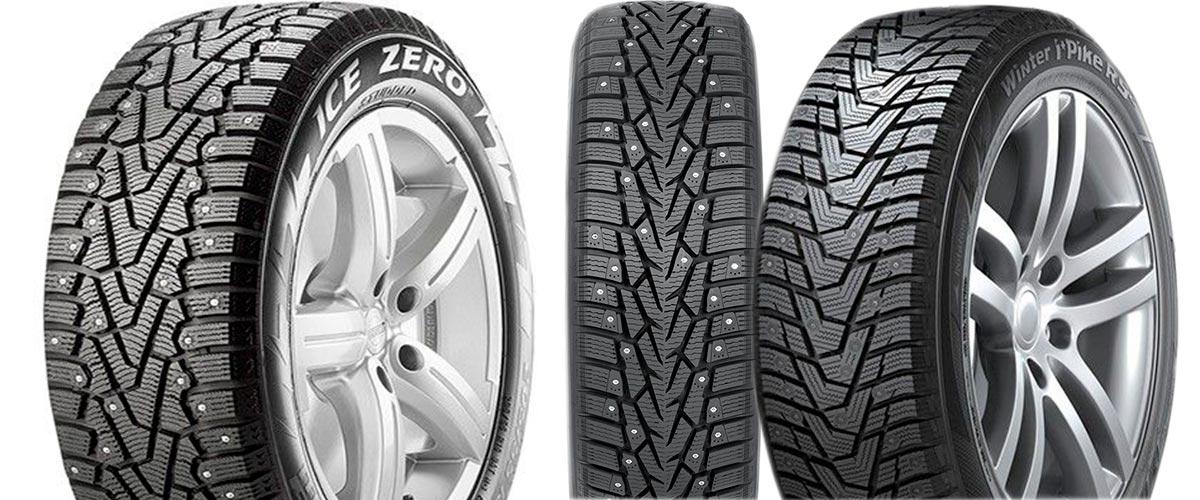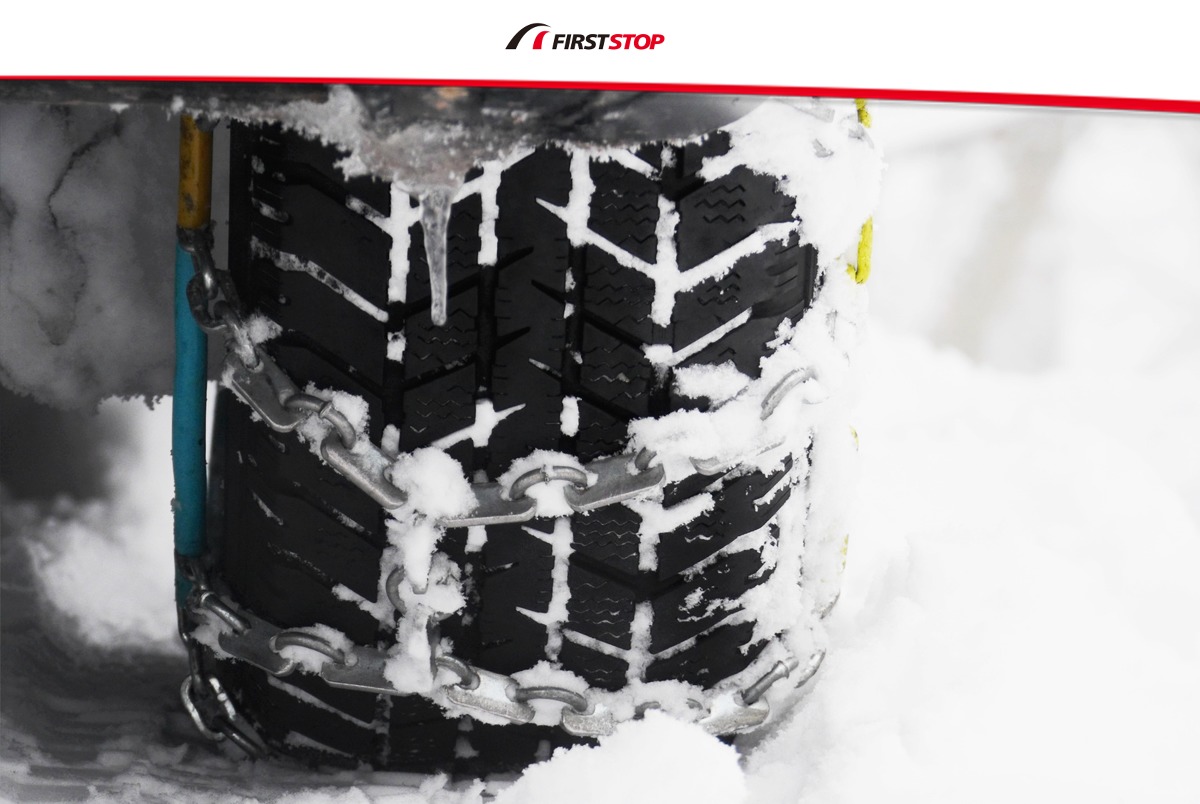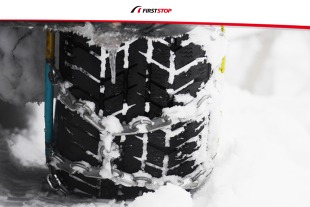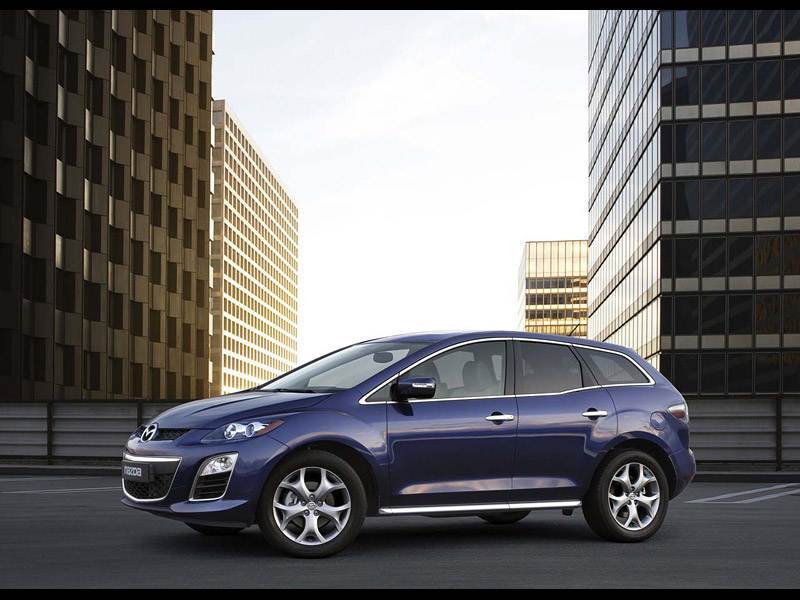
Winter tires are the foundation of your safety
 The correct operation of the ABS and ESP systems largely depends on the tires. If they are in poor condition or not adapted to prevailing weather conditions, even the most advanced security systems will be ineffective.
The correct operation of the ABS and ESP systems largely depends on the tires. If they are in poor condition or not adapted to prevailing weather conditions, even the most advanced security systems will be ineffective.
 Tires are often underestimated and marginalized by drivers as an operational element. However, it is worth recalling that this is the only part of the car that connects it to the road. That is why you should take care of their correct choice and condition - especially in winter.
Tires are often underestimated and marginalized by drivers as an operational element. However, it is worth recalling that this is the only part of the car that connects it to the road. That is why you should take care of their correct choice and condition - especially in winter.
Every used car dealer will tell you that a small percentage of potential buyers are interested in the condition of a car's tires. However, it is tires that are the basis of all safety systems.
Seasonal tire replacement is controversial every year. Some drivers believe that winter tires in our climate are a tribute to fashion. The same people, however, often misunderstand the purpose of winter tires and believe that they are only used for driving on snow, which is very rare on the streets in winter. This is wrong reasoning.
What is the secret of winter tires?
It should be noted that winter tires provide optimal grip not so much on snow as on wet and dry asphalt at lower, typically winter temperatures. It is in such conditions that summer tires no longer guarantee driving safety. Tire companies pay the most attention to the universal use of winter tires. What does it mean? They must guarantee not only good grip on snow, but above all offer their best properties and therefore safety in the conditions typical of winter in our climate zone.
These properties provide the two main elements that distinguish a winter tire from a summer tire: the rubber compound and the tread pattern. The rubber compound of a winter tire is more flexible than a summer tire because it contains more rubber and silica. As a result, when the average daily temperature drops below 7 degrees Celsius, a winter tire is softer than a summer tire, which allows its tread to work better on cold pavement. The tread of a winter tire itself also has small cuts called sipes. Thanks to them, the tire easily “sticks” to the snow, which improves traction. On tarmac, we'll appreciate the deeper grooves and smaller tread blocks that handle water and slush effectively. So much for theory.
Winter tires vs summer tires - test results
In practice, the advantage of winter tires over summer tires in late autumn and winter has been proven by numerous tests. In one of them, carried out by the weekly "Avto Svyat", it was shown that in a braking test from 50 km / h on snow, the best winter tire showed a result of 27,1 m. A car with summer tires stopped only after almost 60 km / h. m. in tests for handling and grip with summer tires, it was not even possible to take measurements. These results show that even a minimal amount of snow or slush on the pavement poses a very serious danger to the driver using summer tires.
Remember - after the first night frosts, but before the first snowfall, tires should be replaced. Contrary to appearances, it is not as burdensome and time consuming as it may seem, as long as we use the services of a good service that specializes in the selection and replacement of tires. One such place is undoubtedly the First Stop network. First Stop has over 20 years of experience replacing and selling tires in 25 European countries. In Poland, First Stop has a network of 75 partner services, where experts will comprehensively take care of your car's tires. They will also offer professional services for the storage of summer tires (in the appropriate order and in a place protected from sunlight) and washing.
More information and current promotions can be found at firststop.pl

